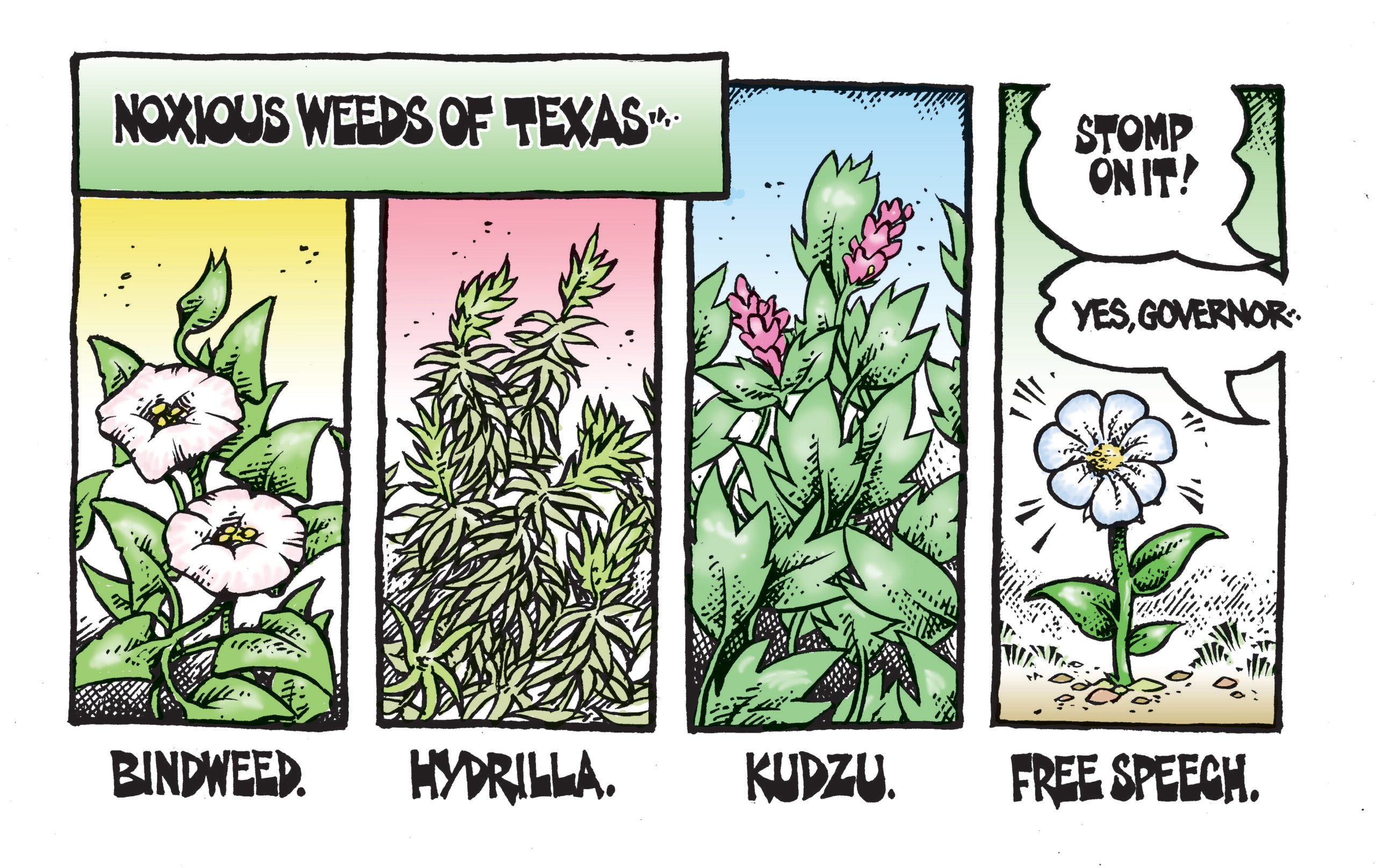ustxtxb_obs_1992_06_05_50_00024-00000_000.pdf
Page 23
Postmaster: If undeliverable, send Form 3579 to The Texas Observer, 307 West 7th Street, Austin, Texas 78701 POLITICAL INTELLIGENCE V FIRST IN EXECUTIONS. Texas has held the title for most of the years since the 1982 execution of Charlie Brooks, an African American convicted of murder in Tarrant County. This month the state hit another milestone: the execution of its 50th convicted murderer since the death sentence was reimposed. “Texas is definitely viewed as a world in itself,” said Eden Harrington of the Texas Resource Center, a federally funded group that provides lawyers for death row inmates. Harrington was quoted by Houston Chronicle reporter Kathy Fair, who wrote a five-part study on the death penalty for the May 24 Chronicle. Fair noted that Harris County has sent twice the number of black inmates to death row as whites. Why, she wonders, were 40 percent of all black Texas inmates awaiting executions convicted in Harris County? Diann Rust-Tierney of the American Civil Liberty Union’s Capital Punishment Project says the situation is difficult to analyze, but Harris County “may fit into a pocket of discrimination.” Harris County has sent 51 black murderers to death row almost four times as many as Dallas County. Harris County District Attorney Johnny Holmes, who determines which cases are tried for capital murder, “bristles” at the suggestion of racial bias. “In no case am I told or advised of the race of the victim or defendant,” Holmes said. WHO’S ON WITH CLINTON? Austin American-Statesman political columnist Dave McNeely surveyed Texans working for the Clinton Presidential campaign and came up with: Betsy Wright, a Clinton aide since 1980 who left a fellowship at Harvard when Clinton’s campaign began to melt down in the heat of the Gennifer Flowers story; Paul Begala, the former University of Texas Student Body president and intern in former state Sen. Lloyd Doggett’s office; Wendy Smith, who worked for former Sen. Kent Caperton; Jose Villareal, a former assistant attorney general under Jim Mattox who has worked for the Dukakis Campaign and Southwest Voter Registration and Education Project; and Robin Rorapaugh, who has managed the campaigns of Supreme Court Justice Jack Hightower and Atty. Gen. Dan Morales. “Why so many Texans?” McNeely asked Begala. Because Clinton has a lot of appeal among Texas Democrats and because Texas is such a big state. “When you’ve worked in Texas you’ve worked in 19 media markets, 254 counties. It’s good training for a presidential campaign.” JIM BOB MOFFET, the chief executive officer for Freeport McMoRan, the owners of Austin’s Barton Creek Country Club and the developer of a huge proposed development in the Edwards Aquifer recharge zone \(which has placed Moffett at odds with the largest environmental movement ever to develop in Austin; see “The Battle for Barton Creek, nations highest-paid executives. According to Forbes, Moffett earns $4.67 million annually. \(UT System Chancellor Bill Cunningham is also May 25 issue ranks Moffett 41st among Corporate America’s most powerful people. LENA GUERRERO, chair of the Texas Railroad Commission, gets top billing in a New York Times story about the oil industry’s fight to maintain its long-standing exemption from environmental regulation. In the industry vs. environment congressional debate over reform of the Resource Conservation and Recovery Act, Guerrero, appointed to an unexpired term by Gov. Ann Richards, sides with the oil industry. A bill proposed by Representative Dennis Eckart, D-Ohio, would establish minimum standards for treatment of oilfield waste, such as briny water, now exempt from federal regulation. “I resent the idea that somebody in Washington will protect our environment better than we can.” Guerrero told the Times. “The geology, the industry and the environment are different in every state.” Melinda Taylor, an attorney with the National Audubon Society who was quoted in the Times article, doesn’t agree with Guerrero. Taylor said Texas has adopted the most aggressive oil field cleanup program of any state, but the cleanup will still take 50 years to complete. The Eckart bill would achieve the same objectives in 10 years. For Guerrero to sign on with Eckart’s legislation would put her in a difficult position in an election year when commissioners and candidates for the Railroad Commission raise their money from the industry they regulate. \(The Railroad Commission ZEROING IN. The Texas Low-Level Radioactive Waste Disposal Authority on May 28 narrowed the potential sites for a radioactive waste dump to a Hudspeth County ranch, despite continued opposition to placement of the dump there. Before hearing public comments, the authority voted 4-1 vote to designate a north site of the Faskin Ranch war Sierra Blanca, 20 miles from’the Rio Grande. Among those expressing opposition were state Rep. Pete Gallego, D-Alpine, whose district includes the proposed dump site; Don Gardner of the Texas Nuclear Responsibility Network; and Frances Farenthold, a Houston lawyer and activist. The authority is seeking a license from the Texas Water Commission and is conducting studies on the area’s suitability to store waste from nuclear reactors, hospitals and research facilities. The authority expects a green light on the site by summer 1993. Gardner said the next step is to make the Water Commission and the Governor’s office aware of the public opposition and the hazards the dump would pose to residents in and around Hudspeth County WHO CARES? Obviously not Houstonians asked about the Republican National Convention. When the Houston Chronicle dispatched Bennett Roth do a vox populi story, Roth discovered that the person on the street isn’t interested. The main boost Continued on pg. 19 24 JUNE 5, 1992 +,^


